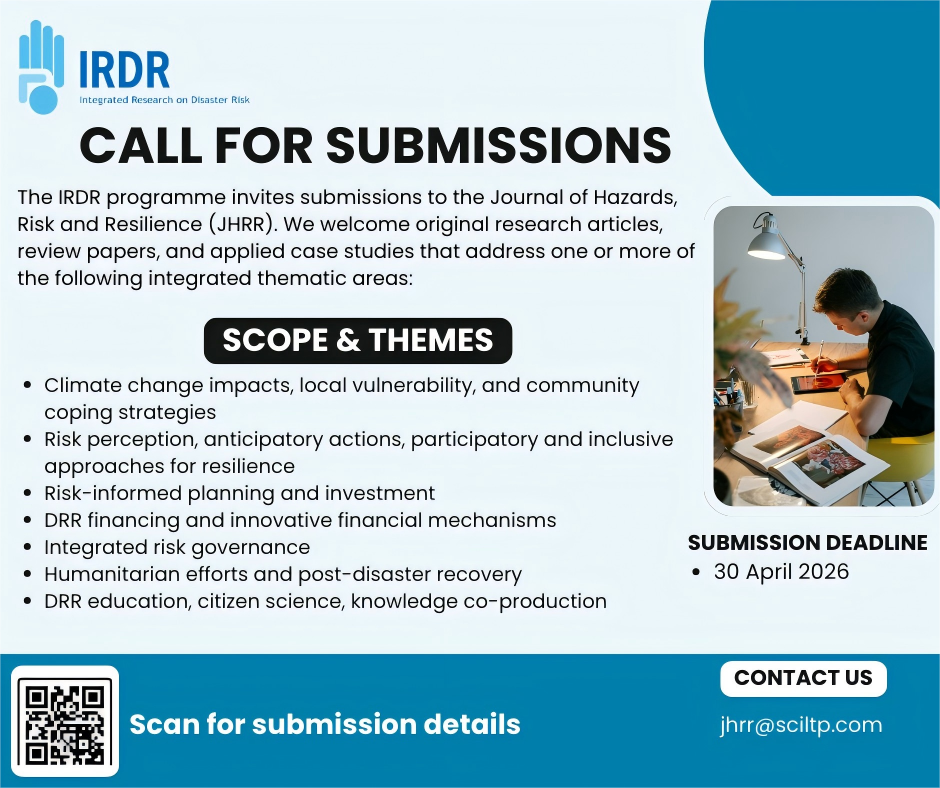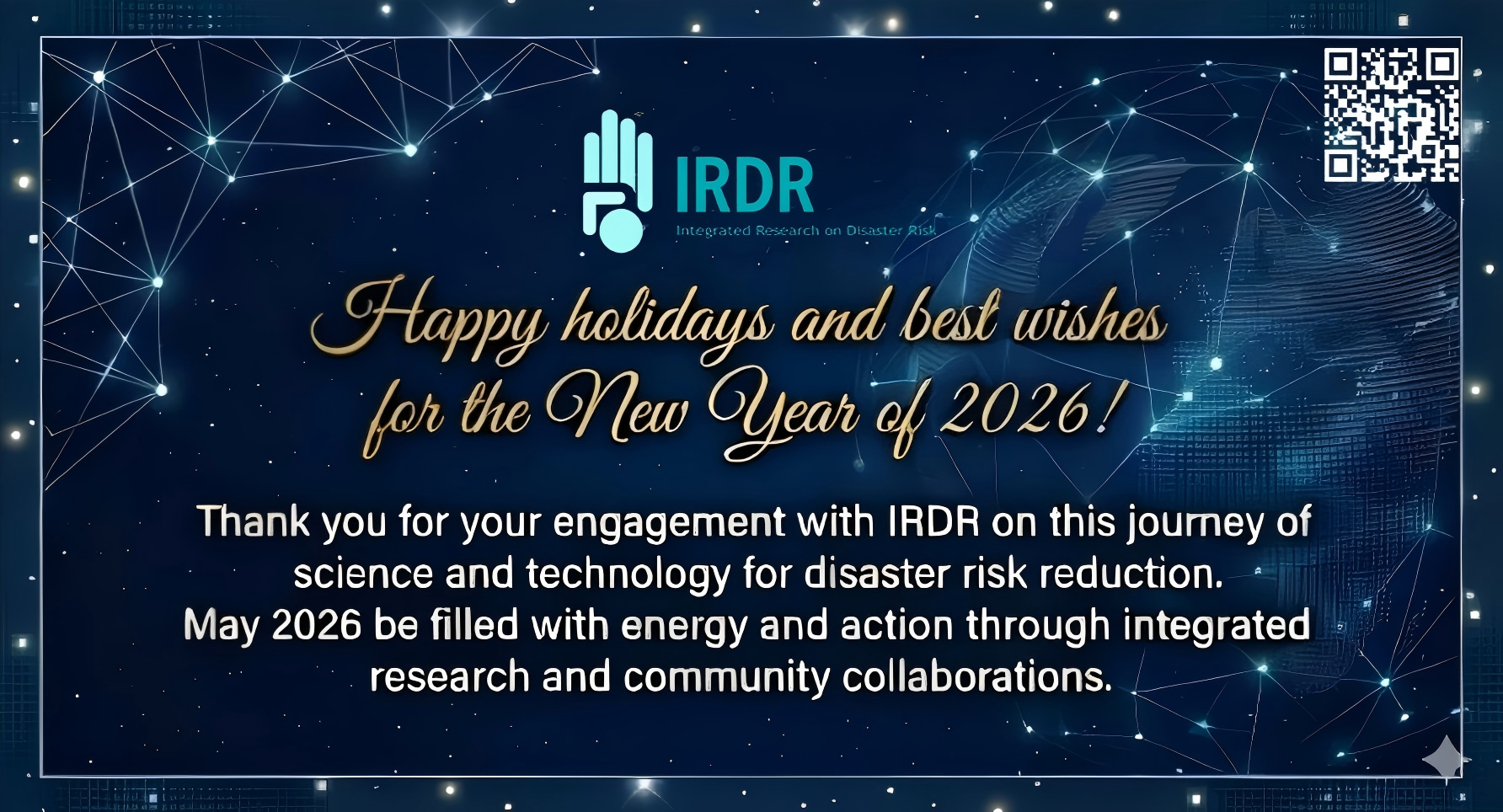Resilient communities are able to plan for, respond to and thrive after an emergency event. An important attribute of a resilient community is a robust set of social networks that help people address the challenges in their day-to-day lives as well as those that occur in times of stress.
This Strategy outlines how the Wellington Region Emergency Management Office’s (WREMO) Community Resilience Team will engage with its diverse communities, and apply a wide-range of tools to help empower the public to survive and thrive after an emergency event. It is broadly driven by three strategic objectives which are – build capacity, increase connectedness and foster cooperation.
A core principle of this Strategy is the idea that individuals, organisations and communities have varying levels of interests, resources, needs and organisational capacity. Consequently, they will adopt preparedness measures which are appropriate for them. To support this philosophy and enhance resilience, the Team employs a “Communicate and Collaborate” approach by proactively engaging with diverse communities, supporting local ideas and existing structures, and facilitating various opportunities that lead to increased connectedness and preparedness. This approach is encapsulated by WREMO’s Community-Driven Emergency Management model.
The Resilience Team acts a primary lead and facilitator in areas directly related to disaster resilience, while supporting the activities of other organisations and groups working to build strong communities outside the Emergency Management space. While the Command and Control model emphasises a centralised, top-down approach, appropriate for the official portion of an emergency response, the Communicate and Collaborate model supports a partnership approach between community leaders and government to develop resilience solutions together from the outset.
In 2013, the Wellington Region was selected as an International Centre of Excellence in Community Resilience through the Integrated Research on Disaster Risk programme. The aim of this Centre is to bring practitioners and researchers together to answer the question, “how does a community make itself resilient to future disasters?”






